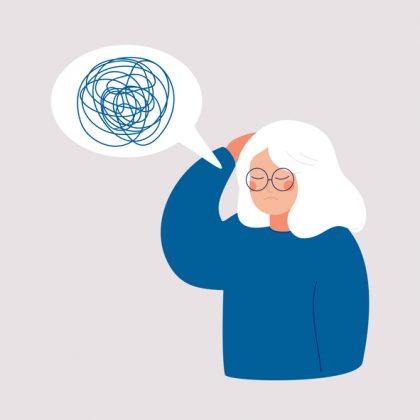Can we improve outcomes for teenagers with social anxiety disorder treated in NHS CAMHS services?
The April BABCP Article of the Month is from Behavioural and Cognitive Psychotherapy and is entitled “Delivering cognitive therapy for adolescent social anxiety disorder in NHS CAMHS: a clinical and cost analysis” by Eleanor Leigh, Cathy Creswell, Paul Stallard, Polly Waite, Mara Violato, Samantha Pearcey, Emma Brooks, Lucy Taylor, Emma Warnock-Parkes and David M. Clark
We were struck by the picture emerging from the research literature about recovery rates for socially anxious teens who receive the standard kind of CBT that is delivered in most trials and often offered in the NHS. The picture was of poorer outcomes for young people with social anxiety compared to those with other anxiety problems. For example, in one large trial with 7- to 17-year-olds, only 40% of young people with social anxiety disorder recovered from standard CBT, compared to over 70% of those with other anxiety difficulties (Ginsburg et al., 2011). In a recent review of studies, we found that young people with social anxiety disorder were almost 50% less likely to recover compared to those with separation or generalised anxiety disorder (Evans, Clark & Leigh, 2020).
In contrast, the outlook for adults with social anxiety disorder improved hugely with the development and dissemination of effective disorder-specific treatments. Cognitive therapy, developed by David Clark and his team, is now a first line NICE recommended treatment that can be accessed through IAPT services.
With this study we were interested in finding out whether therapists working in busy routine CAMHS services could be trained to achieve good outcomes with cognitive therapy for teenagers with social anxiety disorder and what the cost of this was.
Three quarters of the young people who received the treatment got better and most noticed improvements in general anxiety and depression symptoms as well. We were encouraged to find that the cost of delivering the treatment with adolescents appeared to be no more than the cost of delivering it with adults. It is noteworthy that these outcomes were achieved by clinicians whilst undergoing training in cognitive therapy and simultaneously managing busy CAMHS caseloads.
Readers may also be interested to look at the article’s sister paper, also published in Behavioural & Cognitive Psychotherapy. With this paper, we wanted to understand the views of the families and clinicians who took part in the project. We were excited to discover that all involved were positive about the treatment. However, clinicians expressed their concerns about how to implement the treatment in their CAMHS settings and struggling to balance the various demands on their time. This issue will be familiar to many of you working in busy NHS settings and it reminds us of a key challenge: how we can help busy clinicians to learn new therapies and deliver these effectively?
References
Evans, R., Clark, D., & Leigh, E. (2020). Are young people with primary social anxiety disorder less likely to recover following generic CBT compared to young people with other primary anxiety disorders? A systematic review and meta-analysis. Behavioural and Cognitive Psychotherapy, 1-18. doi:10.1017/S135246582000079X
Ginsburg, G. S., P. C. Kendall, D. Sakolsky, S. N. Compton, J. Piacentini, A. M. Albano, J. T. Walkup, J. Sherrill, K. A. Coffey and M. A. Rynn (2011). Remission after acute treatment in children and adolescents with anxiety disorders: findings from the CAMS. Journal of Consulting and Clinical Psychology, 79(6): 806-813. doi: 10.1037/a0025933
From Paul Salkovskis, the Editor-in-Chief of BCP: Why I chose this article:
This helpful article is featured this month because represents rigorous applied research which is very much removed from any kind of “ivory tower”. It represents early intervention for social anxiety disorder, a problem which is significantly under-treated in adults and which causes significant impairment to a large number of those suffering from it. The fact that this study demonstrates how an effective treatment can be disseminated to “routine care” is particularly important. So, to answer the question posed here; we can indeed improve outcomes for teenagers with social anxiety disorder, and it is vitally important that all CAMHS services build CBT into their processes.






